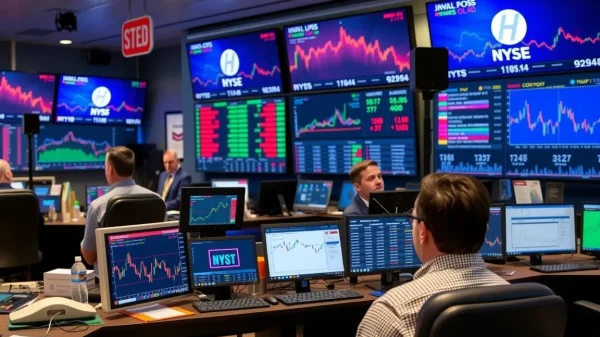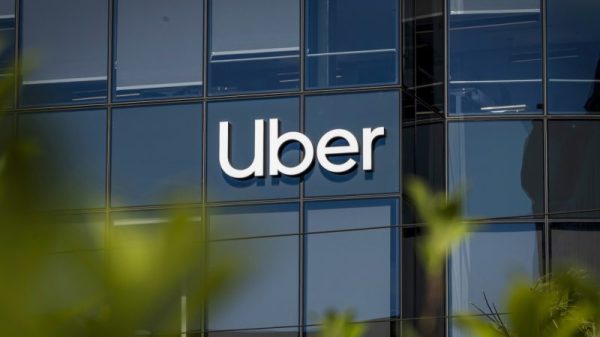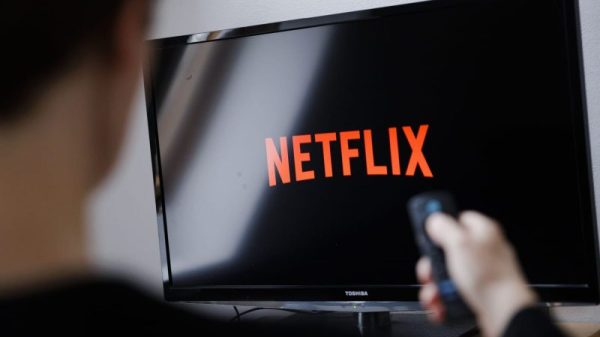Mexico’s retailers are expected to benefit from sequentially strong second-quarter 2025 earnings, driven by favourable calendar effects that moved Easter into the quarter and shifted promotional calendars into the period.
According to Reuters, this seasonal uptick, alongside continued strategic actions to attract cautious shoppers, is expected to translate into robust top and bottom-line growth among major players, including Walmart de México (Walmex), Chedraui, and department store operator Liverpool.
The timing of Easter in the second quarter—versus early April in 2024—is regarded as a significant factor for improved year-on-year sales.
Walmex is also expected to gain greatly this quarter from its performance during the annual Hot Sale, a 9-day advertising drive that began in late May. The Retailer had already set a record for in-person and online sales at the event.
According to an LSEG poll, experts predict a 9% increase in Walmex revenue and a 5% increase in profit over the previous year.
The increase in consumer spending during this period was most likely aided by annual employee profit-sharing bonuses, which were distributed in May.
This one-time cash influx has usually boosted discretionary expenditure on products like technology, clothing, and house furnishings.
The timing of Easter and the Hot Sale also helped other retail groups. Convenience store operators and snack and beverage wholesalers such as Femsa and Arca Continental reported an increase in demand for impulse and seasonal items, particularly as foot traffic surged during holiday and promotional times.
Retailers rely on store brands and promotions to offset inflation
Despite the predicted excellent quarter, Mexican retailers continue to face severe inflationary conditions. Annual headline inflation surpassed the central bank’s goal range of 2% to 4% in May and remained high in June.
Core inflation, which eliminates volatile items and is frequently considered a steadier metric, has reached its highest level since April 2024.
In response, retailers have prioritised customer loyalty by altering product offerings and price tactics rather than reducing volume.
One significant strategy has been the proliferation of private label, or store-brand, products. These alternatives are generally less expensive than major brands and can provide retailers with larger profits.
Walmart, Chedraui, and Liverpool have all increased their investment in private label items across a range of product categories and pricing points.
Loyalty programs and promotional packaging, such as smaller sizes at lower rates, have also emerged as popular strategies for helping people manage their finances while shopping.
These techniques seek to discourage clients from reducing their overall consumption by providing affordable alternatives.
Investors and analysts will be looking closely at retailers’ ability to transition to more efficient methods while still providing value as they report Q2 profits.
The efficiency of these strategies may influence their capacity to maintain performance in the second half of the year, as macroeconomic headwinds strengthen.
Slowing growth and declining remittances pose second-half risks
With the end of 2025 rapidly approaching, Mexican shops are finding themselves in a state of turmoil.
While expected, the central bank forecasts GDP growth of only 0.1% in the second half, a severe slowdown that is likely to weigh on household confidence and retail sales.
Meanwhile, remittances, one of the main single-source household income streams for low-skilled workers, decreased 4.6% year on year in May (even more steeply in April).
Historically, these flows have fed consumption, particularly where formal employment is scarce. If this continues, retailers more exposed to these remittance-dependent markets might be affected more dramatically.
The government is required to increase the minimum wage by 12% in 2025, but analysts warn that purchasing power for ordinary consumers may not keep pace.
The fact that retail sales have not kept up with income increases indicates that households are still reluctant to spend on non-essential items in an uncertain economic and political environment.
The post Mexico’s retailers set for strong Q2 amid calendar boost, inflation risks loom appeared first on Invezz
























